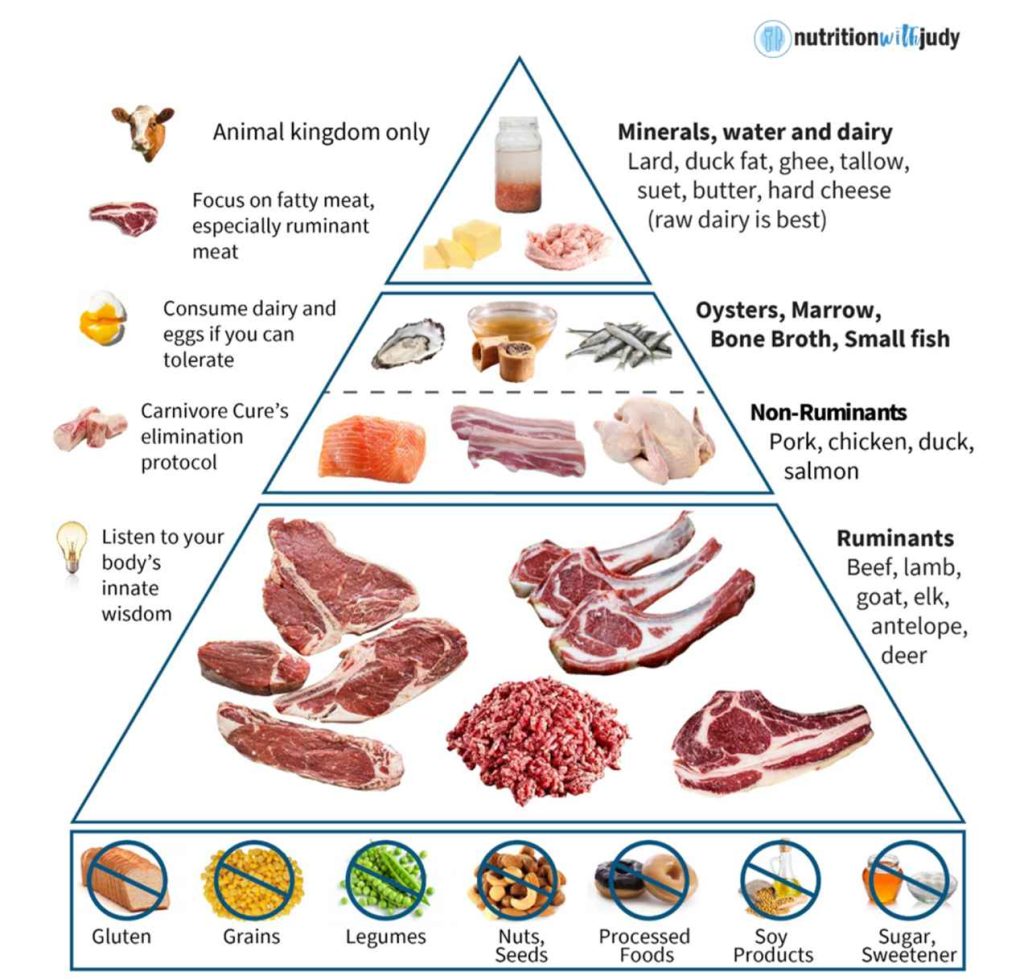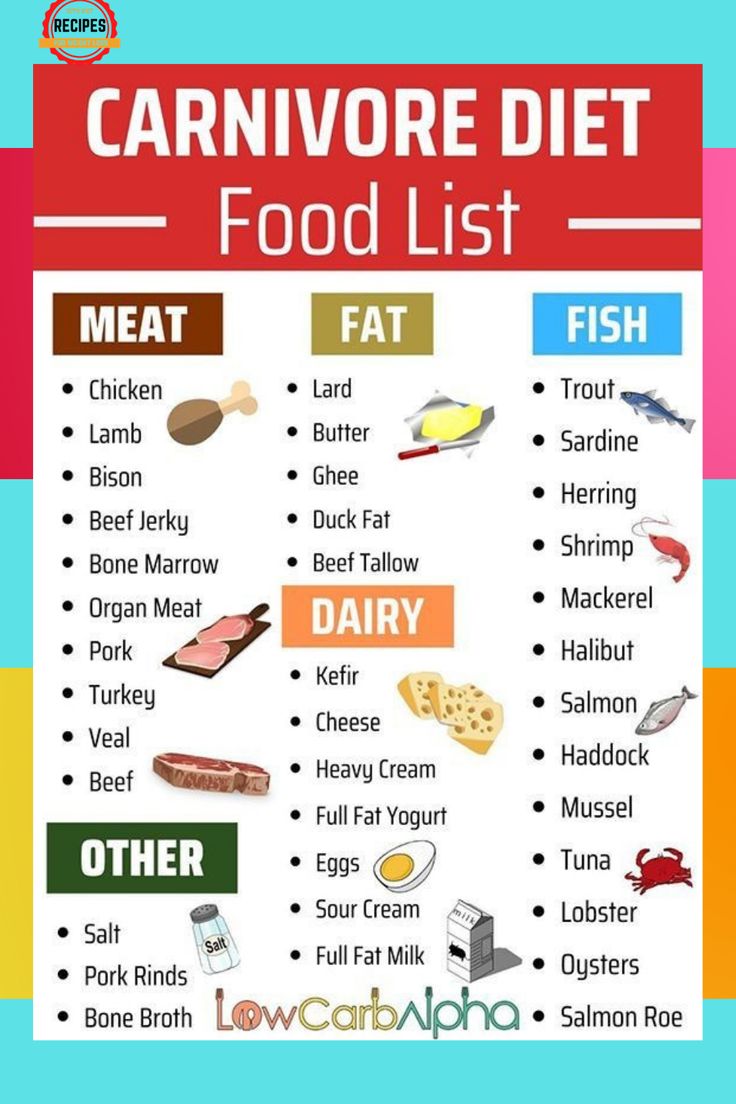So you’re curious about the Carnivore Diet, huh? Well, get ready to sink your teeth into some interesting information! The Carnivore Diet is a unique way of eating that revolves around, you guessed it, consuming primarily animal products. Say goodbye to fruits, vegetables, and all those other plant-based goodies. With the Carnivore Diet, it’s all about indulging in meat, fish, and animal fats. But why do people choose to follow this meat-heavy regime? And what are the potential benefits and risks? Keep reading to find out everything you need to know about the Carnivore Diet!
Definition of the Carnivore Diet
The Carnivore Diet is a highly restrictive diet that primarily consists of animal products while excluding most plant-based foods. It is gaining popularity among individuals who are seeking a radical approach to their nutrition. This dietary approach emphasizes the consumption of meat, fish, eggs, and dairy products while avoiding fruits, vegetables, grains, legumes, and processed foods. By following this diet, you are required to limit your food choices and focus mainly on animal-based sources for your nutritional needs.
Origins of the Carnivore Diet
The concept of the Carnivore Diet finds its inspiration in the Paleolithic era, also known as the Stone Age. Advocates of the Carnivore Diet argue that our ancestors primarily relied on animal products for sustenance, such as hunting game and foraging for eggs. Additionally, the Carnivore Diet draws a connection from the ketogenic diet, which is a low-carbohydrate, high-fat dietary approach that aims to put the body in a state of ketosis. By limiting carbohydrates and predominantly relying on animal fats for energy, proponents believe that the Carnivore Diet can yield similar benefits to those of the ketogenic diet.
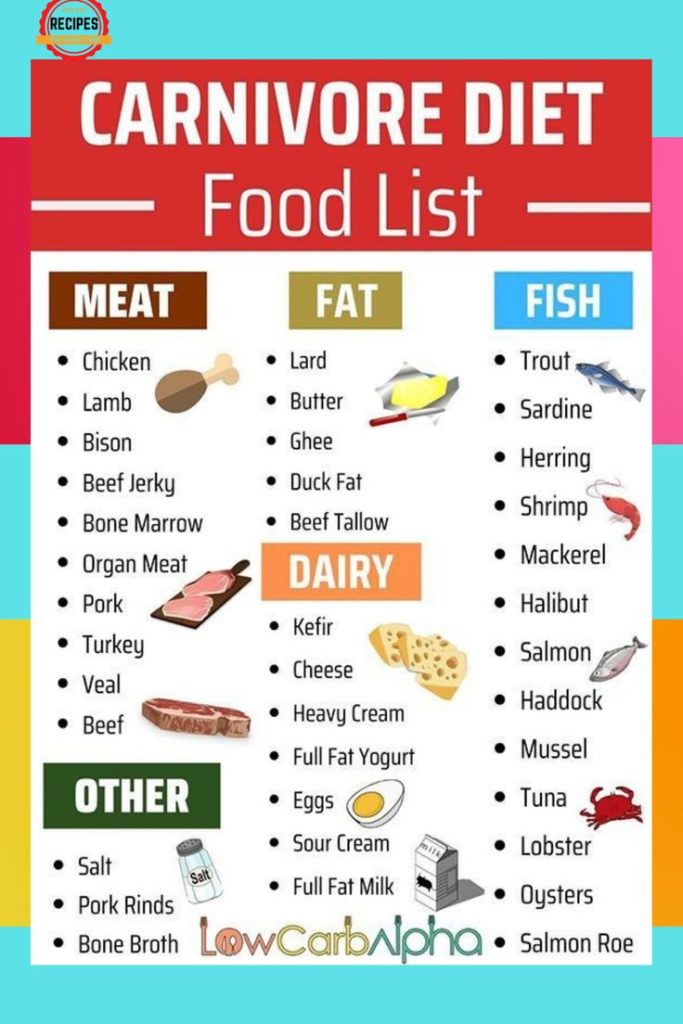
Principles of the Carnivore Diet
Nutritional Goals
The nutritional goals of the Carnivore Diet revolve around obtaining essential nutrients from meat, fish, eggs, and dairy products. Proponents argue that animal-based foods are abundant in important nutrients such as protein, vitamins, and minerals. By focusing on these animal sources, they believe that it is possible to meet the body’s nutritional needs and thrive on a purely carnivorous diet.
Elimination of Potential Allergens and Anti-nutrients
Another principle of the Carnivore Diet is the elimination of potential allergens and anti-nutrients found in plant-based foods. Some individuals may experience adverse reactions to certain plant compounds, such as gluten, lectins, or oxalates. By avoiding these potentially problematic substances, proponents argue that the Carnivore Diet can alleviate digestive issues and improve overall health.
Foods Allowed on the Carnivore Diet
The foods permitted on the Carnivore Diet include meat, fish, eggs, and dairy products. These animal-based foods serve as the foundation of the diet, providing a rich source of protein, vitamins, and minerals. Meats such as beef, poultry, lamb, and pork are commonly consumed, as well as fatty fish like salmon and mackerel. Eggs, which are nutrient-dense and versatile, are also a staple in the Carnivore Diet. Additionally, some individuals choose to include dairy products such as cheese, butter, and heavy cream to further diversify their intake.
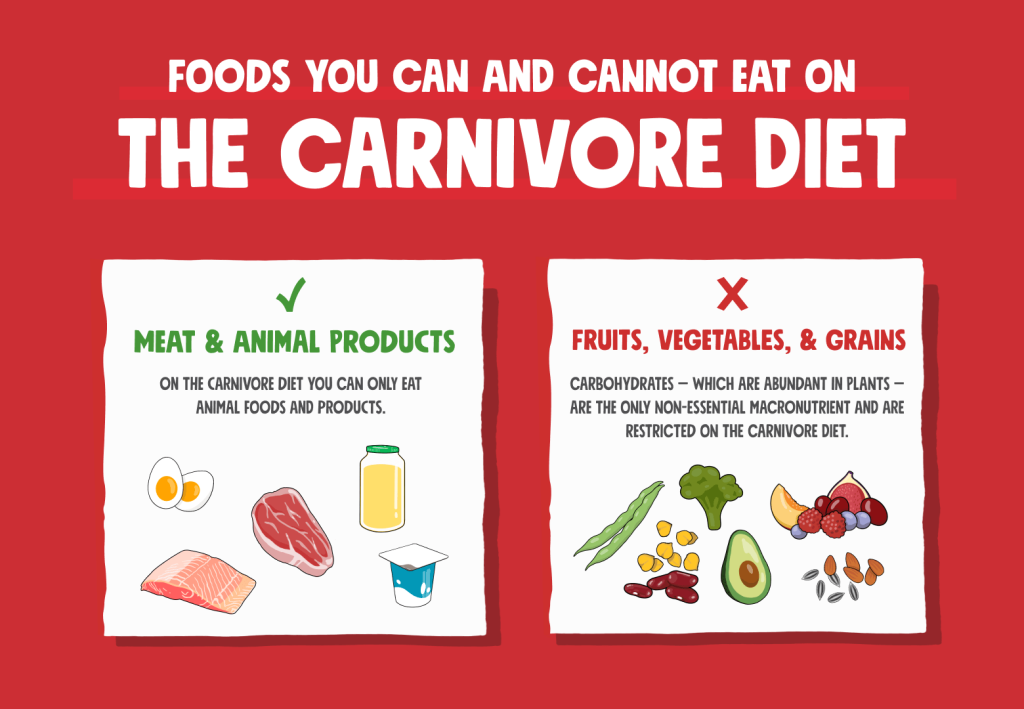
Foods Restricted on the Carnivore Diet
In order to adhere to the principles of the Carnivore Diet, certain foods are restricted or excluded. Fruits and vegetables, which are typically regarded as healthy and essential components of a balanced diet, are eliminated on this diet due to their plant-based nature. Grains such as wheat, rice, and oats, as well as legumes including beans and lentils, are also off-limits. Processed foods, including packaged snacks or foods cooked with additives and preservatives, are similarly excluded from the Carnivore Diet.
Potential Benefits of the Carnivore Diet
Weight Loss
One potential benefit frequently associated with the Carnivore Diet is weight loss. By eliminating carbohydrate-rich foods and relying on primarily protein and fat sources, the body may enter a state of fat-burning called ketosis. This metabolic state is believed to promote weight loss by utilizing stored body fat for energy.
Improved Mental Clarity
Advocates of the Carnivore Diet argue that eliminating potential allergens and anti-nutrients found in plant-based foods can lead to improved mental clarity. They claim that the diet allows for better focus, enhanced cognitive function, and reduced brain fog. However, it is important to note that individual responses may vary, and more scientific research is needed on this potential benefit.
Reduced Inflammation
Another claimed benefit of the Carnivore Diet is a potential reduction in inflammation. Some proponents argue that the removal of certain plant-based compounds, such as lectins, can alleviate chronic inflammation in the body. However, it is crucial to acknowledge that inflammation is a complex biological process, and more scientific research is necessary to fully understand the impact of the Carnivore Diet on inflammation.
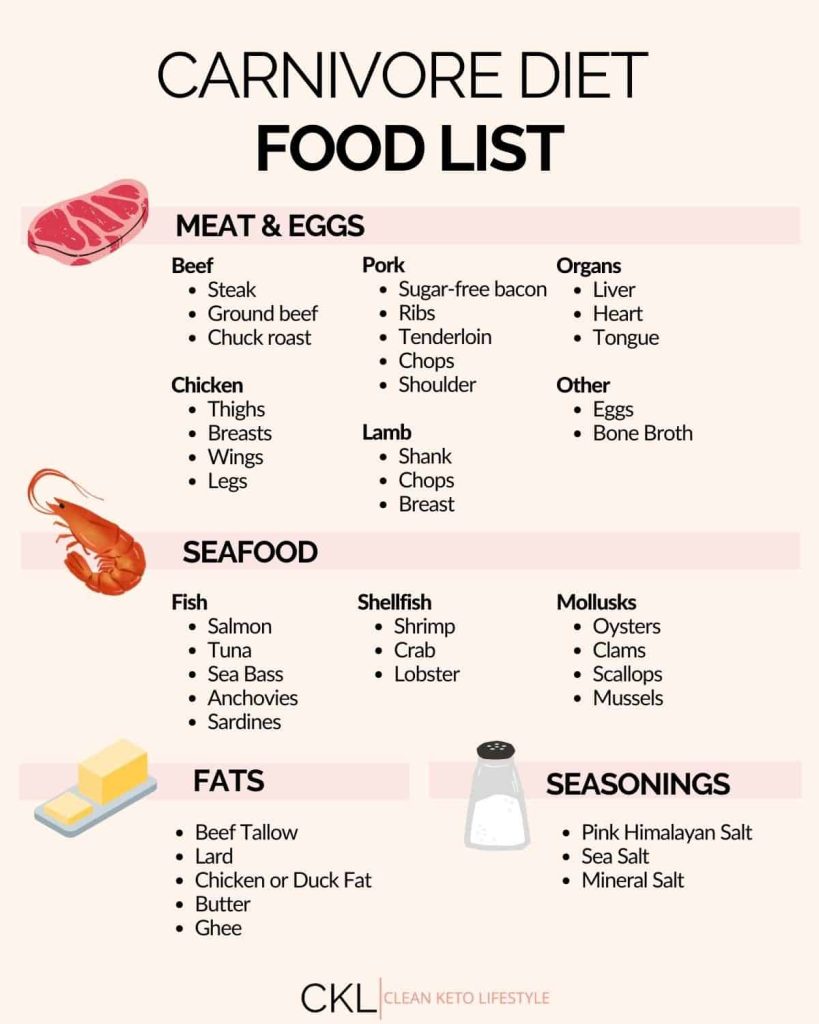
Potential Risks and Concerns of the Carnivore Diet
Nutrient Deficiencies
One of the main concerns associated with the Carnivore Diet is the potential for nutrient deficiencies. By eliminating a wide range of plant-based foods, there is a risk of inadequate intake of essential nutrients such as fiber, certain vitamins, and minerals. It is crucial to ensure adequate nutrient diversity by carefully selecting and incorporating a variety of animal-based foods.
Increased Saturated Fat Intake
Another potential risk of the Carnivore Diet is the increased intake of saturated fats, mainly derived from animal sources. While some argue that saturated fats are not detrimental to health, others caution against excessive consumption due to their association with an increased risk of heart disease. Maintaining a balanced and mindful approach to fat intake is essential when following the Carnivore Diet.
Limited Dietary Variety
The limited range of foods allowed on the Carnivore Diet can lead to a lack of dietary variety. Consuming a wide array of foods is not only important for addressing nutritional needs but also for maintaining a healthy gut microbiome. The gut microbiome plays a crucial role in overall health, and depriving it of diverse plant-based fibers may have long-term consequences that warrant further investigation.
Scientific Evidence and Research on the Carnivore Diet
Currently, there is limited scientific research available on the Carnivore Diet specifically. Most of the evidence supporting the diet’s potential benefits or risks is largely anecdotal, based on individual experiences and testimonials. Without extensive scientific studies, it is challenging to make definitive conclusions about the long-term effects of the Carnivore Diet on health. Further research is essential to understand the diet’s implications on various health markers and potential risks.
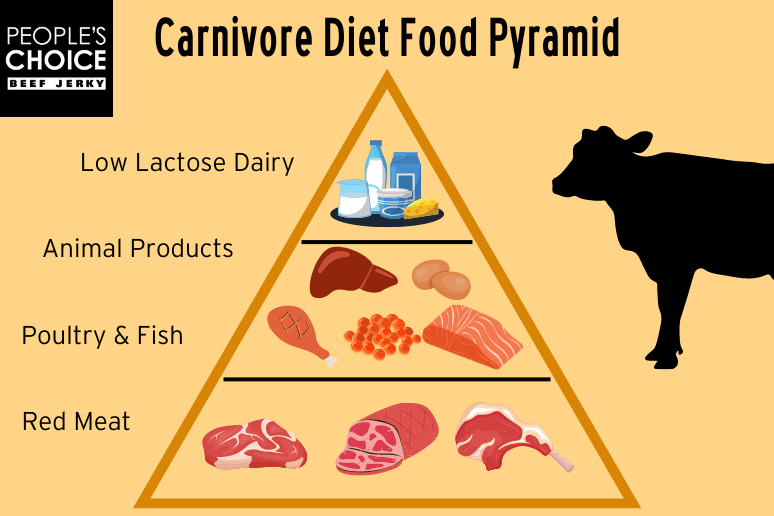
Expert Opinions on the Carnivore Diet
Expert opinions on the Carnivore Diet are mixed among healthcare professionals. While some argue that the diet may have short-term benefits such as weight loss or therapeutic use for certain conditions, others express concerns about the potential risks associated with eliminating entire food groups. Many healthcare professionals emphasize the importance of a balanced and varied diet to ensure optimal nutrient intake and overall health. Consensus and long-term studies are currently lacking, making it challenging to provide clear recommendations on the Carnivore Diet.
Considerations when Following the Carnivore Diet
Consultation with a Healthcare Professional
Before embarking on the Carnivore Diet, it is crucial to consult with a healthcare professional. They can provide personalized guidance, evaluate individual health factors, and help determine if the Carnivore Diet is suitable for you. They may also recommend appropriate supplementation to address any potential nutrient deficiencies that can arise from such a restrictive diet.
Personalization and Monitoring of Nutrient Intake
To mitigate the risks associated with the Carnivore Diet, personalization and monitoring of nutrient intake are key. Careful planning, choosing a variety of animal-based foods, and considering supplementation under healthcare supervision can help ensure that essential nutrients are obtained. Regular health check-ups and monitoring various health markers are necessary to assess the effects of the diet on an individual level.
In conclusion, the Carnivore Diet is a highly restrictive dietary approach that prioritizes animal-based foods and excludes most plant-based foods. While some claim potential benefits such as weight loss, improved mental clarity, and reduced inflammation, there are also concerns surrounding nutrient deficiencies, increased saturated fat intake, and limited dietary variety. Currently, scientific evidence is limited, and expert opinions are varied. It is essential to consult with a healthcare professional, personalize the diet, and monitor nutrient intake to address potential risks and optimize individual health.
